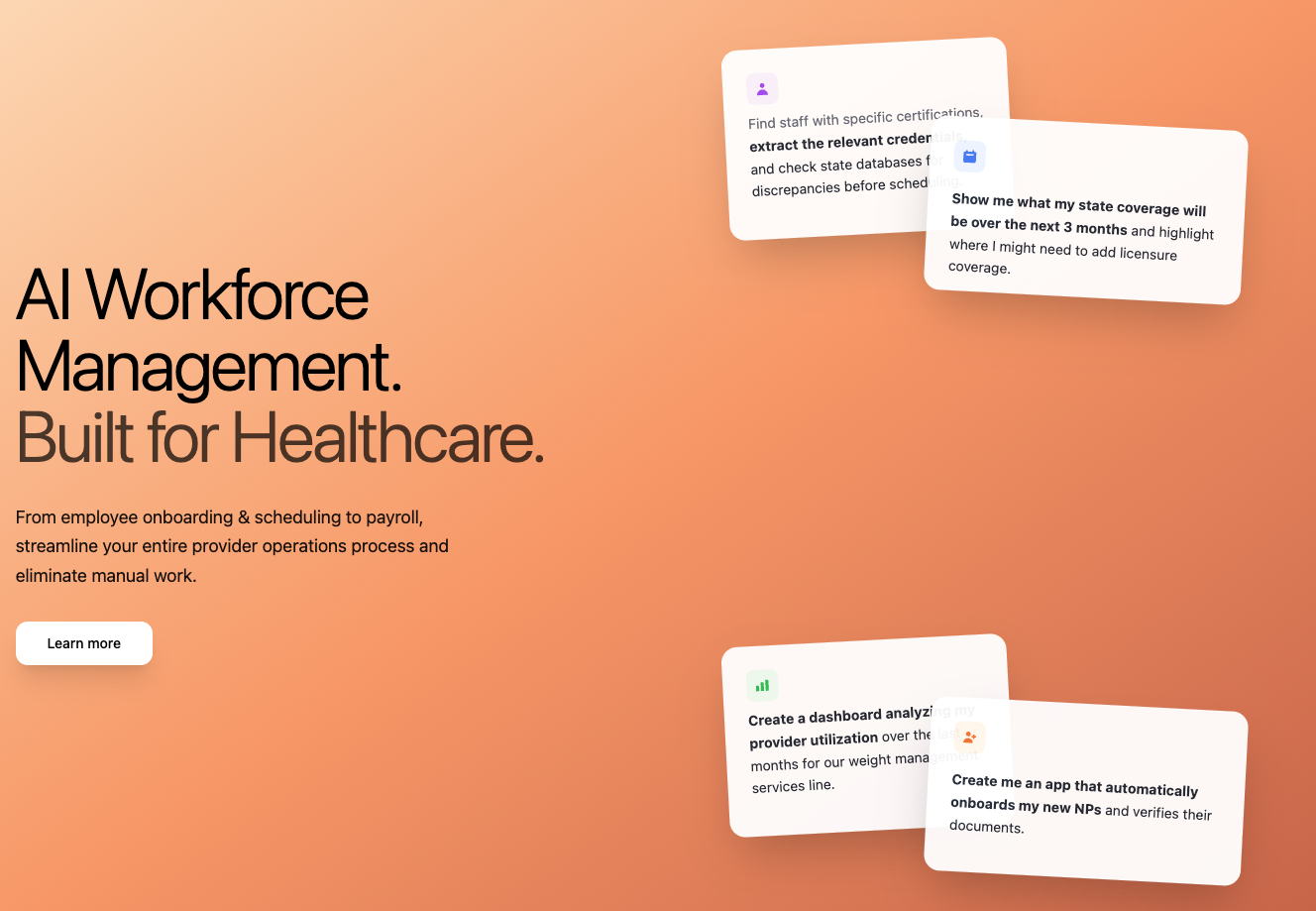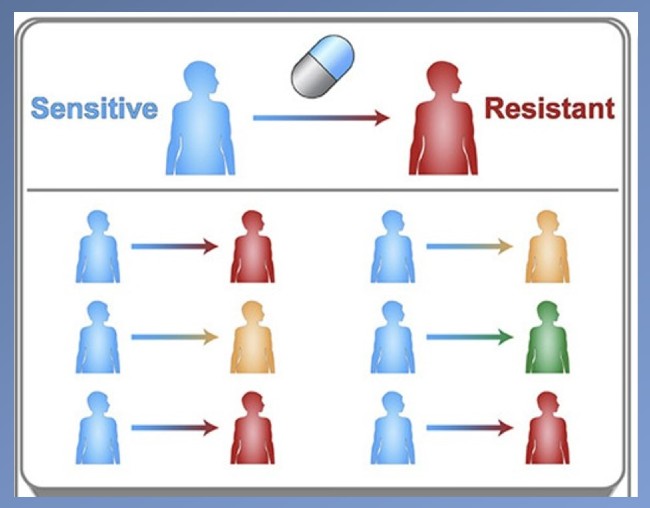Preliminary findings
Although the full results of my analyzes are soon to be published, some preliminary findings already provide important information. A substantial proportion of students reported having already had one or more mental disorders in their lifetime or at the start of the study, consistent with previous WMH-ICS research. The data showed notable rates of new incidence and persistence across disorders. Early results suggest that sex and LGBTQ+ status are not just predictors of static estimates, such as prevalences, which were found in previous research, but also by some unfavorable trajectories of mental health problems.
Implications for higher education
WMH-ICS data provide unprecedented insights into how mental health problems develop, recur, and persist during the first year of college.
By shifting focus from static prevalences to dynamic trajectories, this research provides universities, clinicians, and policymakers with actionable evidence to design sustained support systems. The first analyzes show some sociodemographic disparities. Therefore, universities should consider tailored prevention and intervention approaches, rather than one-size-fits-all programs.
Importantly, the WMH-ICS initiative has not only measured mental health outcomes, but has also developed and tested interventions tailored to college students, such as Internet-based prevention programs and stepped care models. (see Harvard Medical School, 2025, for a list of publications). These interventions demonstrate how global research can be translated into scalable solutions that address the needs of students around the world. Incorporating these evidence-based strategies into college life can provide accessible and cost-effective support to large populations of students. It is essential to ensure that universities are not only places of learning but are also recognized as public health environments that foster mental well-being and promote long-term academic success.
Thanks to WMH-ICS data and the collaborative efforts of researchers around the world, we are equipped with large-scale longitudinal data to understand the mental health trajectories of college students and what is needed to support them during their first years in college. I look forward to continuing to analyze this data to gain a deeper understanding of student mental health around the world and contribute to the translation of these findings into meaningful prevention and intervention programs.
Acknowledgments: Many thanks to my colleagues in the WMH-ICS longitudinal working group, especially Prof. Annelieke Roest and Nan Zhao (University of Groningen), Prof. Ron Kessler and his team (Harvard University) and Prof. David D. Ebert (Technical University of Munich), for their outstanding collaboration in this international project.



